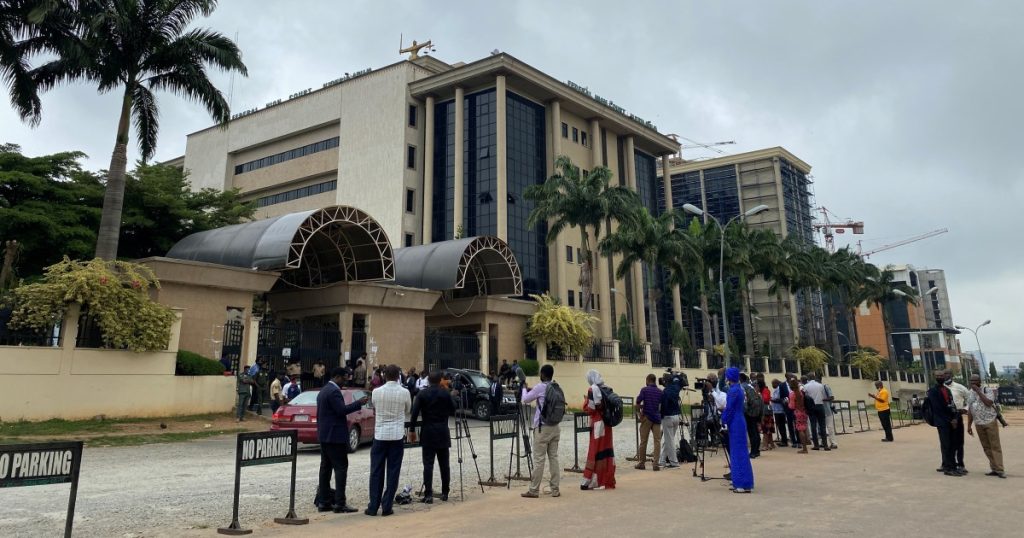In October 2023, journalist Saint Mienpamo Onitsha was arrested in Nigeria, charged under the Cybercrimes Act, and detained for his reporting on tensions in the Niger Delta region. This was not an isolated incident, as at least 25 journalists have faced prosecution under the law since its enactment in 2015. The law has been viewed as a tool misused to “hunt journalists”, leading to calls for amendments to prevent censorship and intimidation in the media.
In response to years of advocacy by media and human rights groups, Nigeria’s Senate proposed amendments to the Cybercrimes Act last year. The changes were signed into law by President Bola Tinubu on February 28, with revisions made to criminalize expression online. While the amendments have raised hopes for improved press freedom, concerns remain about the law’s potential to be exploited for arrests and surveillance. Enforcement of the law continues to pose a threat to journalists and their work.
One of the key amendments to the Cybercrimes Act focused on Section 24, which criminalized “cyberstalking” and had been used to target journalists. The revised version of the law refines the offence to include sending computer messages that could cause a breakdown of law and order, posing a threat to life, or inciting others to send such messages. While the language has been narrowed, there are still concerns about its potential for abuse by authorities.
Digital rights advocates, such as Khadijah El-Usman and Solomon Okedara, have welcomed the changes to the Cybercrimes Act but believe more specific wording is needed to prevent misuse. The burden of proof required for charges has been raised, but gaps in the law could still allow authorities to make arrests based on subjective interpretations of online reporting. It remains to be seen how these changes will impact ongoing cases involving journalists charged under the now-amended sections.
Despite the recent amendments, concerns persist about how the law may enable surveillance abuses. Section 38 of the Cybercrimes Act does not explicitly require law enforcement to obtain a court-issued warrant before accessing “traffic data” and “subscriber information” from service providers. This oversight gap raises alarms about potential violations of journalists’ privacy and rights. Digital rights advocates are calling for laws that guard against abuses not just in Nigeria, but across the region where cybercrime laws have been used to target reporters.
While Nigerian lawmakers have taken steps to improve press freedom and expression in the country, journalists continue to face risks under the Cybercrimes Act. Calls are being made for further reforms to protect the press and uphold human rights. The question remains whether lawmakers will seize the opportunity to make additional changes that would safeguard journalists locally and send a message of respect for rights beyond Nigeria’s borders.


